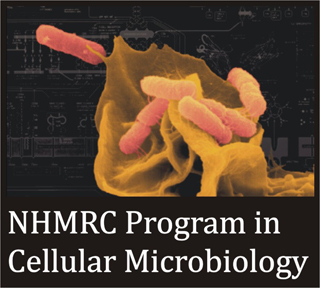An integrative hub for investigating, predicting and mapping anti-CRISPR proteins
Bacteria and archaea have developed a wide variety of CRISPR-Cas systems to protect themselves from harmful mobile genetic elements (MGEs), such as phages and plasmids. In response, MGEs evolved a series of potent inhibitors, known as anti-CRISPRs (Acrs), to counteract host CRISPR-Cas defence systems. Except for their universally short sequences, Acrs have little in common with each other. With very low sequence and structural similarity, at least 50 distinct Acr families have been identified across both bacterial and archaeal domains of life where they each use different molecular mechanisms to inhibit CRISPR-Cas systems. Outside the confined environment of a microbial cell, Acrs have inspired a number of downstream applications, from gene editing technologies and protein engineering to phage therapy, applications that are only limited by the relatively small number of known anti-CRISPR systems compared to the thousands hidden in sequenced genomes.
AcrHub was therefore designed to offer an all-in-one, user-friendly solution for Acr protein investigation, prediction, characterisation, and relationship analysis. AcrHub catalogs a comprehensive list of experimentally validated and predicted Acrs, each annotated with their relationships to known Acrs. Additionally, three predictors, including a Hidden Markov Model (HMM) based predictor, AcRanker and PaCRISPR were integrated into AcrHub to allow users to predict homologous and novel Acrs. To facilitate relationship analysis between known and potential Acrs, we developed three analytical modules: a BLAST-based similarity analysis, a multiple sequence alignment based phylogenetic analysis, and a homology-based network analysis. These tools can either work independently or within the AcrHub pipeline to facilitate downstream relationship analysis of a newly predicted Acr and thereby shorten the gap between prediction, functional characterisation, and eventual experimental validation.
-
The following browsers are supported by this website:
 Windows: Chrome, Firefox, Internet Explorer 8+, Opera
Windows: Chrome, Firefox, Internet Explorer 8+, Opera Mac: Chrome, Firefox, Opera, Safari
Mac: Chrome, Firefox, Opera, Safari Linux: Chrome, Firefox
Linux: Chrome, Firefox
- Wang J et al. AcrHub: an integrative hub for investigating, predicting and mapping anti-CRISPR proteins. Nucleic Acids Research, 49, D630-D638. DOI: 10.1093/nar/gkaa951.
Lithgow Group
Infection and Immunity Program
Biomedicine Discovery Institute
Faculty of Medicine, Nursing and Health Sciences
Monash University
Melbourne, VIC 3800, Australia
Contact Us


